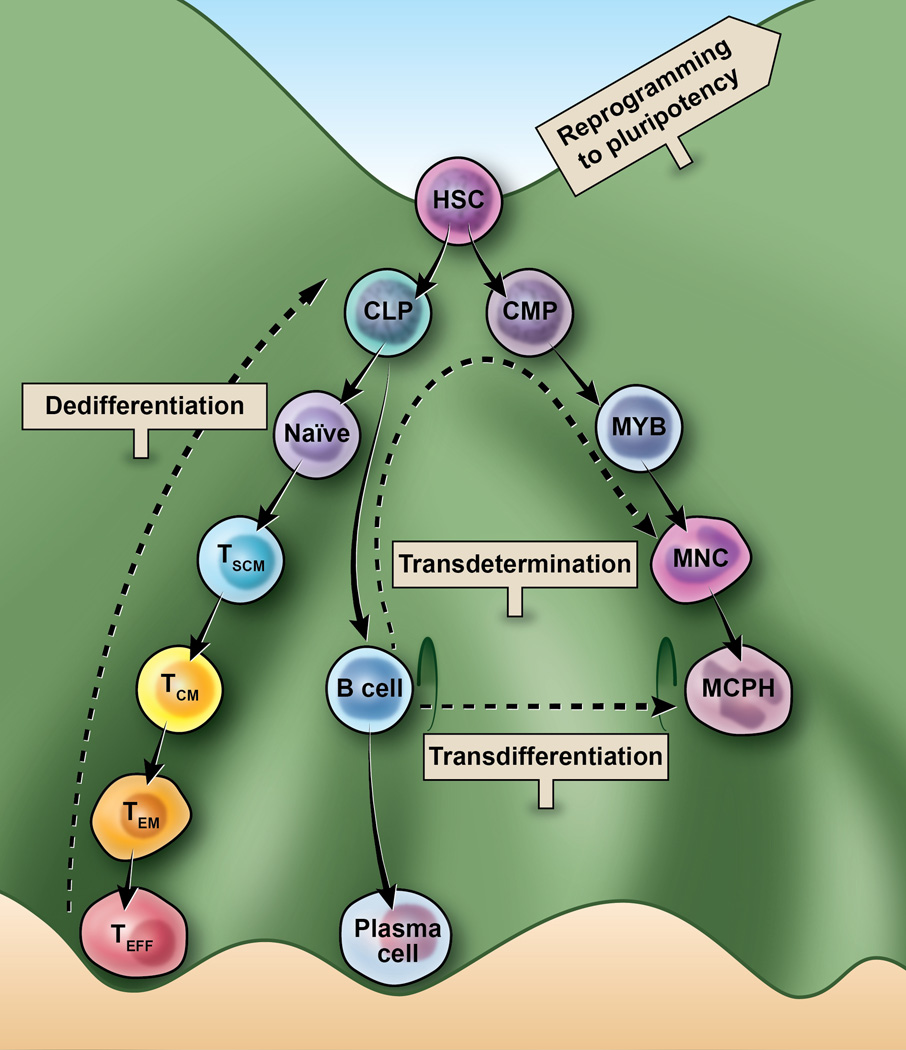Figure 2. Establishing a culture of potency and self-renewal in adoptive cellular immunotherapy.
There are two main therapies of ACT in either isolating autologous tumor-infiltrating lymphocytes (TILs) from resected tumors of cancer patients or obtaining peripheral lymphocytes that are genetically modified to express antitumor Tcell receptors or chimeric antigen receptors. Both approaches rely on ex vivo expansion of cells that can lead to T cell exhaustion and senescence. Here we illustrate the use of two cellular reprogramming approaches—lineage and pluripotent reprogramming—that may enhance potency and self-renewal in TILs. Lineage reprogramming involves (after adequate expansion) dedifferentiation of TILs from an effector population to a stem cell memory T cell (Tscm) population. In the case of pluripotent reprogramming, TILs carrying an inherent antigen-specificity for tumor can be reprogrammed to iPSCs with subsequent differentiation into early T cell progenitors (TPRO) for adoptive transfer to patients. Pluripotent stem cells (PSC) can give rise to early T cell progenitors (TPRO) and ultimately naïve T cells that differentiate after antigen stimulation into following T cells subsets: TSCM (stem-cell memory), TCM (central memory), TEM (effector memory), and cytolytic TEFF (effectors).

